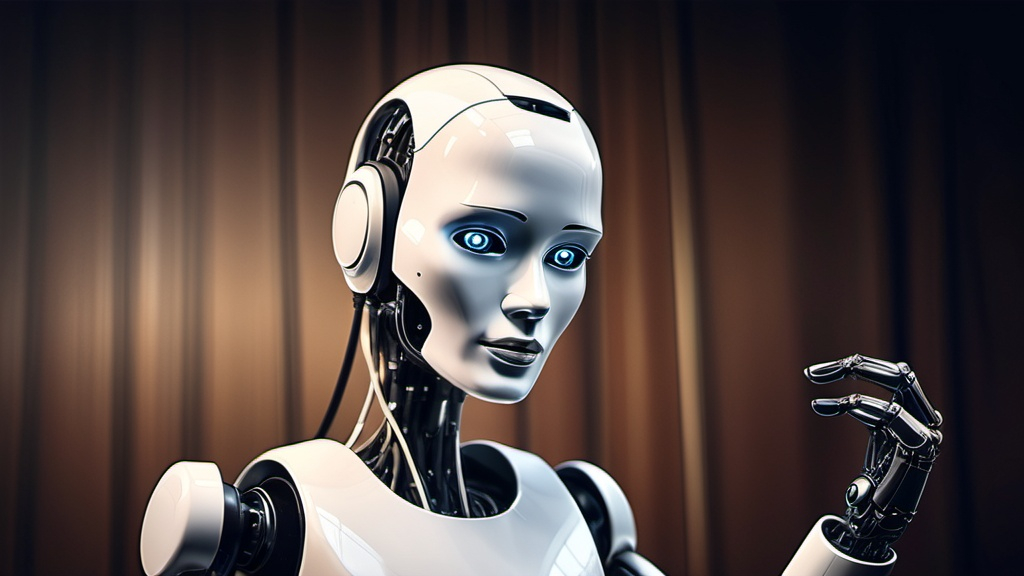
Recently, the copyright dispute between the artificial intelligence company Anthropic and a number of music publishers has finally reached a phased resolution. The two parties reached an agreement that stipulates that Anthropic will take steps to ensure that its AI chatbot Claude no longer infringes copyright when providing lyrics. The agreement provides a short-term solution to the ongoing litigation and represents a compromise on this complex issue.
Causes of copyright disputes
The source of the copyright dispute is a lawsuit from music publishers, who accused Anthropic of using the lyrics of more than 500 songs without authorization as data for training its AI system Claude. These songs include works by well-known singers and bands such as Katy Perry, The Rolling Stones, Beyoncé, and more. Publishers believe that Anthropic's approach is not only a copyright infringement, but may also potentially weaken the existing market and affect legitimate lyrics aggregation websites and other licensed commercial activities.
Main contents of the agreement
In the latest agreement, U.S. District Court Judge Eumi Lee signed off on a provision requiring Anthropic to maintain existing "guardrails." These guardrails are designed to prevent Claude from generating copyright-protected lyrics or creating new works based on those lyrics. Anthropic said its AI system was not designed to infringe copyright, and the company has taken a series of measures to prevent this from happening. Through this agreement, Anthropic hopes to demonstrate that using potentially copyrighted material to train generative AI models complies with the principles of "fair use" within the framework of existing copyright laws.
Further supervision and notification mechanism
Another key point of the agreement is that music publishers will be able to notify Anthropic and request an investigation if they find that the guardrail measures are not working effectively. This clause ensures that both parties maintain communication during the cooperation process and resolve any potential copyright issues in a timely manner to avoid copyright infringement.
Despite the agreement, the court will rule in the coming months whether to issue a preliminary injunction against Anthropic. This ruling will determine whether Anthropic can continue to use copyrighted lyrics for AI training, or it may need to further adjust its training methods.
The balance between copyright and AI technology
This incident triggered a profound public discussion on the balance between artificial intelligence technology and intellectual property protection. With the rapid development of AI technology, how to ensure copyright protection while promoting technological innovation has become an urgent problem to be solved. Although generative AI provides unlimited possibilities in content creation, how to set reasonable boundaries to avoid technology abuse and copyright infringement is still a topic worthy of attention.
As the legal and technical circles continue to discuss this issue, more legal regulations may be introduced in the future regarding the use of copyrighted materials by AI to help balance the relationship between innovation and protection and ensure fairness and transparency in the interests of all parties.